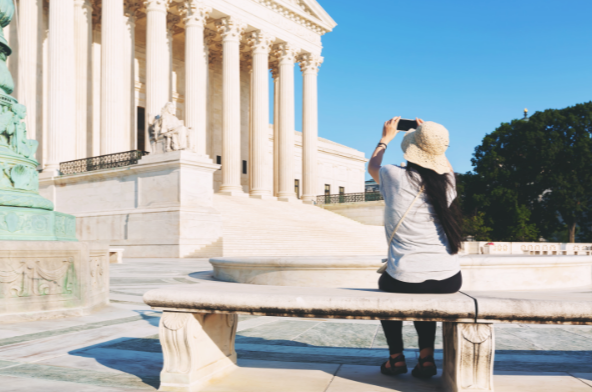People understand that they will be charged with a crime and arrested when apprehended by the police. They then have to appear before the court to plead guilty or innocent. If a person wants to remain free from the charges until trial, they will need to post bail, which is determined at a motion request for bail review. Bail is a financial incentive that ensures the person doesn’t run away or disappear. It makes it difficult for law enforcement and the court to punish them if they are found guilty. It can be paid with assets or with a loan from a bail bonds agency.
The bail amount suggested by the prosecutor in many cases is too high and almost impossible to afford. If the person is released and does not show up, the bail amount is higher.
The bail amount may become impossible to pay at some point. A judge can decide to lower the bail amount at a bail hearing. If the bail amount is to be reduced, the judge will consider four factors:
The first is the severity of the alleged crime. This will determine whether bail is large or small. It’s more likely that bail will be high if the crime involved violence or the use of a weapon. A judge may levy a lesser amount if the crime involved violence or the use of a weapon. Questions such as can you leave the state while on bond are answered during the motion request for bail review. The severity of the restrictions placed on the person on bail is dependent on the severity and nature of the crime committed. Many go into the hearings wondering can bail be denied. The answer is yes. The judge may decide to deny bail if someone is a flight or security risk.
It is important to consider the history of defendants who have been in court for prior criminal charges. Based on the defendant’s past interactions with the justice systems, the judge will make a judgement about the character of that person. It’s advantageous if the defendant has not been to court for a criminal offense. If the defendant is in a repeat case, it is advantageous. However, bail will be likely to be reduced if the judge considers the defendant a greater risk.
Bail is essentially about making sure that the defendant shows up to court. Bail will go up if the judge believes that a defendant might leave the country or skip town. If you leave the state or are arrested while out on bond, the authorities may be forced to place you back in jail.
You may not be able to deny it, especially if you have a lot of money or can live indefinitely elsewhere. This is the case of Ghislaine Maxill right now. The judge will likely lower bail if the defendant has strong connections to the community, such as a job or ongoing career, a home and family, and other resources that are not easily lost.
The community’s safety is another important consideration. Based on the facts of the case, a judge may decide to keep bail high or deny bail entirely if a defendant is a danger to the community.
Because there is a greater risk of harm to the community, the judge would prefer that the defendant be held until trial rather than allow another victim to suffer.
A defendant must make the case to the judge so that the bail can be reduced. The court will not guess what the defendant is arguing. It is important to retain a competent defense attorney as soon as possible.









